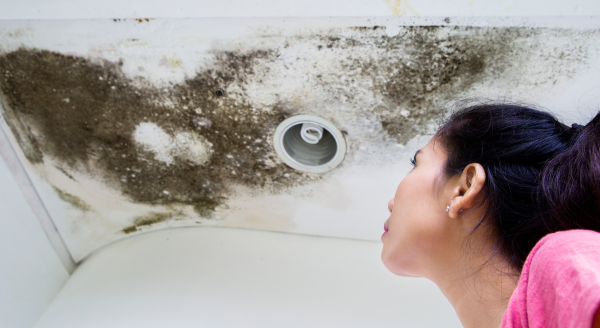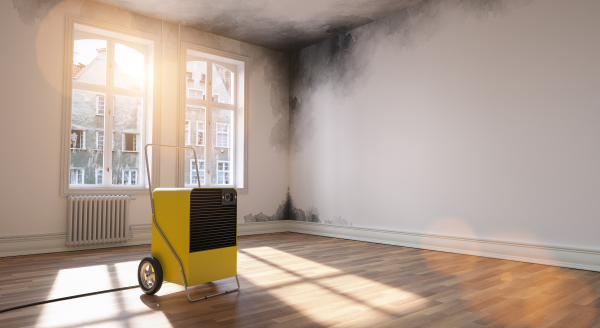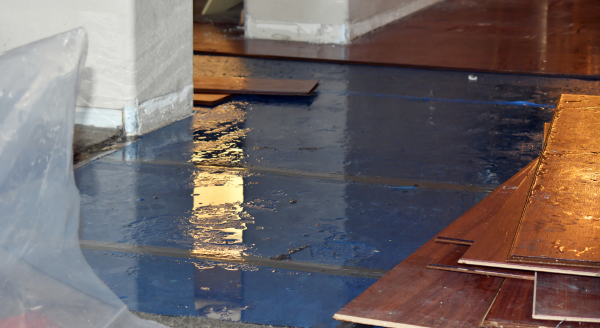Whether you are selecting a career for the first time or looking to switch from a long-term job, it is important to know what suits you best. While working in the mold industry provides numerous benefits and advantages, make sure you do your research. Here’s how to know whether or not a career in the mold industry is right for you.
Should You Pursue a Career in the Mold Industry?
Even if you don’t know anything about mold assessment or remediation, who you are as a person helps indicate whether or not the mold industry is a good fit for you. After all, both your personality and your natural skills play a big role in your job choice. The following signs would indicate that you should pursue a career in mold assessment or remediation.
1. You like helping other people.
Mold growth poses a lot of risks to a home’s health, comfort, and structural integrity. Often, those who work in the mold industry must respond to serious situations after bad storms or other natural disasters. Because mold problems tie in so closely with the health and safety of homeowners, the mold industry is perfect for individuals who love helping those in distress. You can help clients create a safer, more comfortable environment in their homes.
2. You possess good people skills.
Some people love interacting with others, while some prefer to stay quiet and in the background. In the mold industry, you will likely be interacting with customers and other team members often. As a result, it is important to possess people skills. Good communication and customer service go a long way, particularly in self-employment. A mold remediator should work well with people, but these skills are especially important for a mold assessor, whose job is to share the test results with the homeowners.
3. You enjoy working a physical job.
If you love hands-on work that requires some physical effort, mold remediation is perfect for you. Depending on where the mold is located and how deeply it has penetrated, remediation can mean anything from simple cleaning to dismantling parts of the structure. Of course, the remediator must learn how to physically remove the mold without causing further damage to the home.
4. You are analytical and observant.
While a mold remediator’s job tends to be more physical in nature, a mold assessor must be analytical and observant. With the help of special equipment and testing methods, you can learn how to identify breeding grounds for mold. Sometimes the mold problem is in an obvious place, and other times it is more hidden in dark corners of the home. An analytical mind makes the hunt easier.
5. You enjoy working in a team environment.
As a mold remediator, it is important that you enjoy working with a team. Several people may be required for the mold removal process, especially if it has developed in the structure of the home. While self-employment is nice for the freedom and flexibility it provides, as a mold remediator, be prepared to work alongside others.
6. You want a long-term career with growth opportunities and educational benefits.
One of the best things about the mold industry is that there is so much room to grow. There will always be a need for both mold assessors and remediators, which provides each small business with the opportunity to expand. As an added bonus, since the industry is so large, there are countless resources available for furthering your education. Receiving and renewing your license can be done online, and you can further your education through additional courses, conferences, and panels.
Looking for a Training Institute?
If you aren’t sure how to go about taking classes or the licensing examination, call us today. The National Environmental Training Institute (NETI) is a state-certified training company offering Mold Remediator and Mold Assessor training. NETI also offers continuing education units (CEU’s), certification, and licensing.










